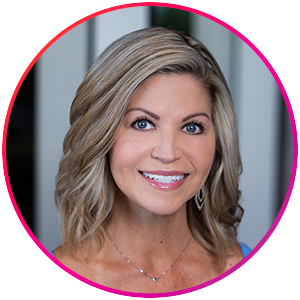Questions About Today’s Rates?
In today’s rapidly changing market, it’s important to understand your options so you can move quickly. Our team of loan experts is standing by to answer any of your burning questions, and act as trusty guides to target the best rates, programs and loan products available to you. Get in touch!

Mortgage Calculators:
Use our payment and loan estimators to nail down your best financial scenario.
Affordability Calculator
Based on income and monthly expenses, how much home can you afford?
Refinancing Calculator
Is refinancing right for you?
What savings could you get from a refi?
Our Product Line-Up
Get familiar with the basics of the most popular home loan options.
Jumbo
Loans larger than the conventional loan limit.- Jumbo loans are NOT eligible for the Homebuyer's Assistance Program.
Debt Service Coverage Ratio Loan
(Non-Traditional)
A loan often used to purchase investment property by qualifying on potential cash flow.
Details
Bank Statement Loan
(Non-Traditional)
For the self-employed: Loan secured with eligible bank statements that verify income.
Details
Our Product Line-Up
Get familiar with the basics of the most popular home loan options.
Jumbo
Loans larger than the conventional loan limit.- Jumbo loans are NOT eligible for the Homebuyer's Assistance Program.
Debt Service Coverage Ratio Loan
(Non-Traditional)
A loan often used to purchase investment property by qualifying on potential cash flow.
Details
Bank Statement Loan
(Non-Traditional)
For the self-employed: Loan secured with eligible bank statements that verify income.
Details

Our Service Delivers Smiles.
Some good words from folks “moved” by our service:
“Angel made my first-time homebuying experience painless … I knew very little about the process and she was communicative and thoughtful, providing clear and helpful explanations. Angel worked hard to secure a fantastic rate for me and made me feel like I didn’t need to worry about a thing. I couldn’t have asked for a better experience — all thanks to Angel!”
- Tiffany S.
Our Service Delivers Smiles.
Some good words from folks “moved” by our service:
“Angel Chambers did an amazing job as our loan officer. She is extremely knowledgeable, walking us through everything we needed. Her professionalism, detailed approach, patience and kindness put us at ease, making us feel comfortable in all of our conversations. Highly recommend Angel as your loan officer.”
- Kathy & Jay Thomas
Our Service Delivers Smiles.
Some good words from folks “moved” by our service:
“The service provided to us was amazing! The entire process was as smooth as possible and they were always available to help us and answer any questions. We truly appreciated it!”
- Brandi H.
Our Service Delivers Smiles.
Some good words from folks “moved” by our service:
“I loved working with Minute Mortgage. I was able to close on my new home on time and at a pretty great rate. The team is awesome.”
- Adam B.
Our Service Delivers Smiles.
Some good words from folks “moved” by our service:
“Minute Mortgage has great customer service and an incredibly knowledgeable staff. Our homebuying process was simple and we felt like we knew what was going on the whole time because of their quick communication.”
- William C.
Our Service Delivers Smiles.
Some good words from folks “moved” by our service:
“I’ve bought and sold multiple homes and I’ve never worked with a better mortgage professional. There was clear communication with my wife and I throughout the process and our experience was superb, thanks to Minute Mortgage’s technology.”
- Bryan B.









